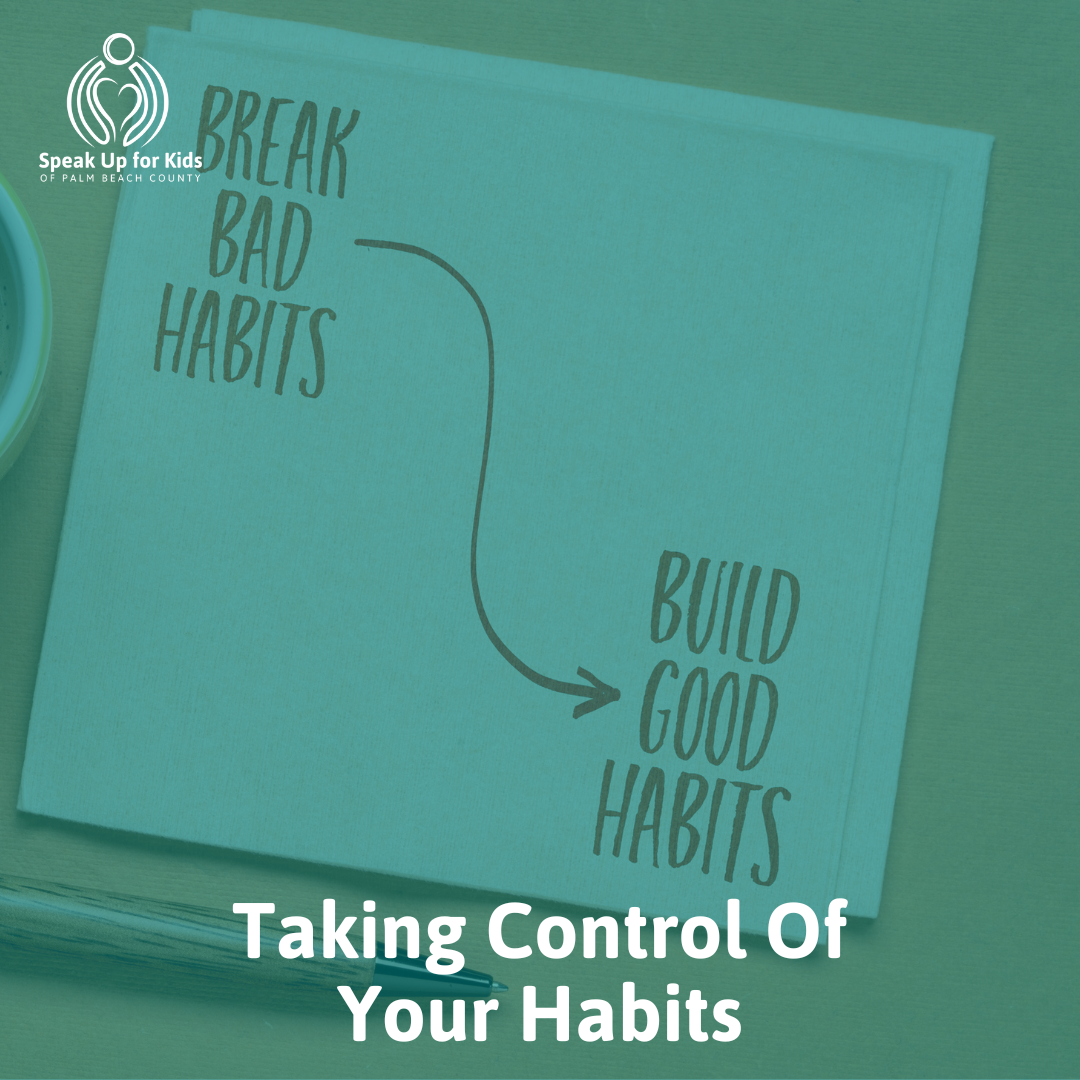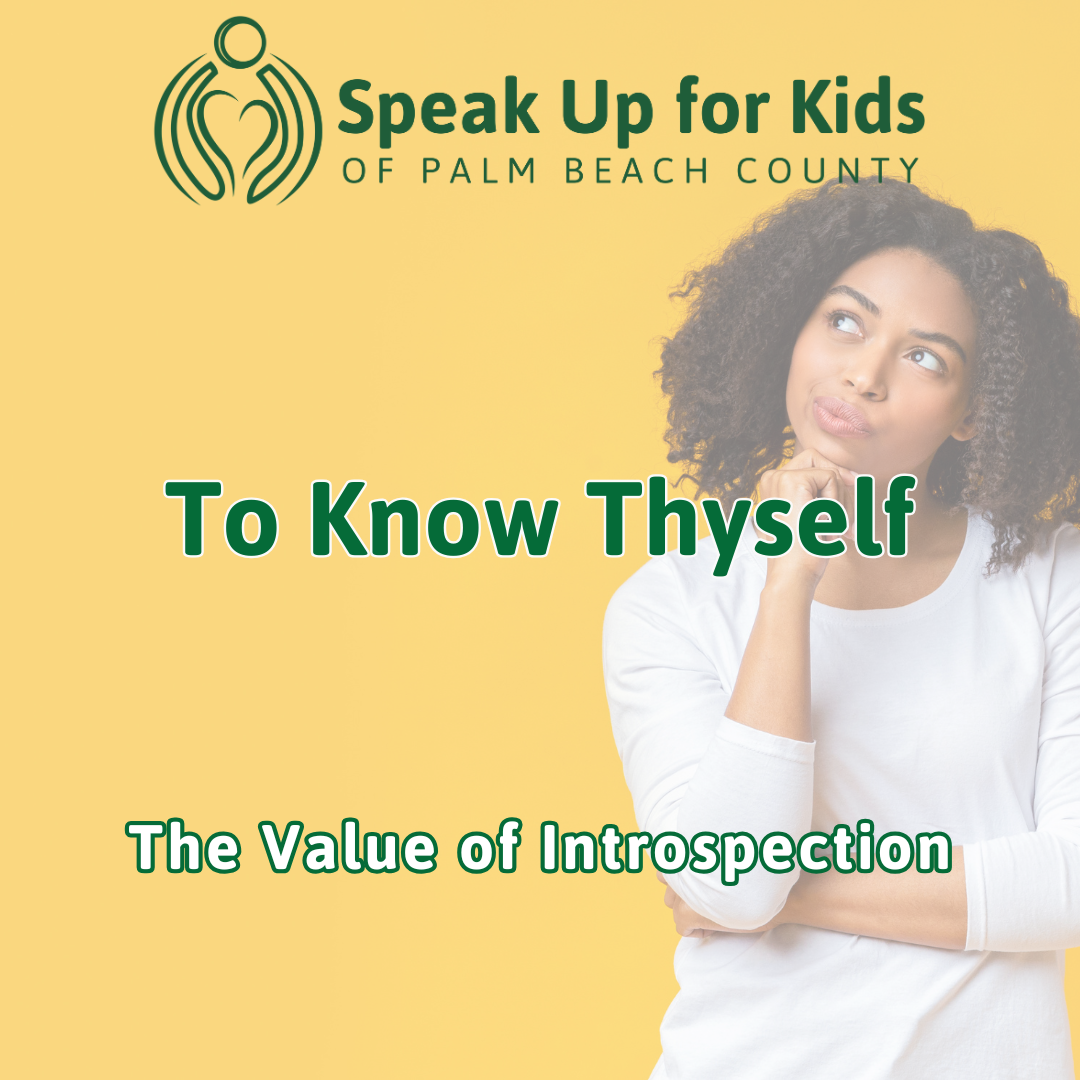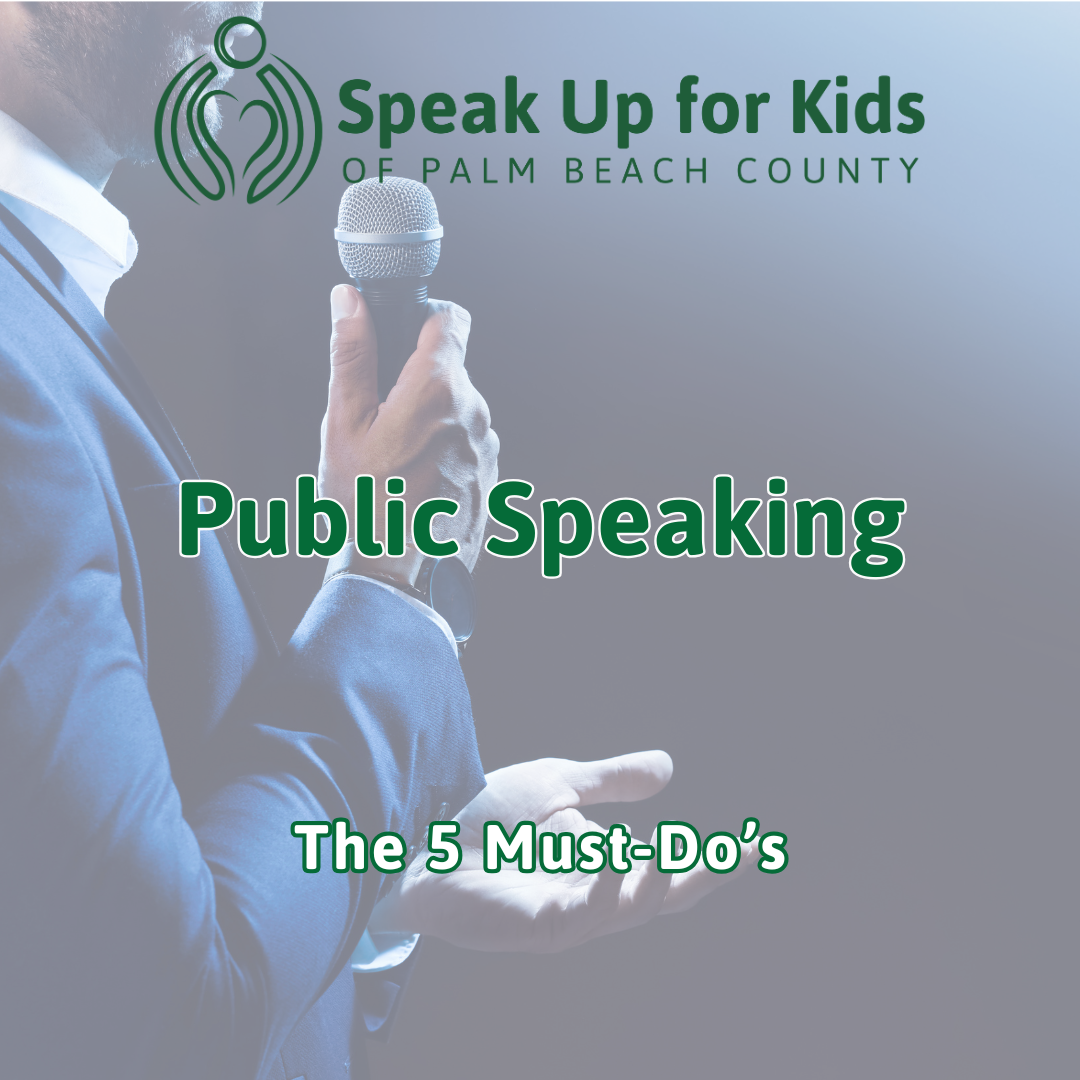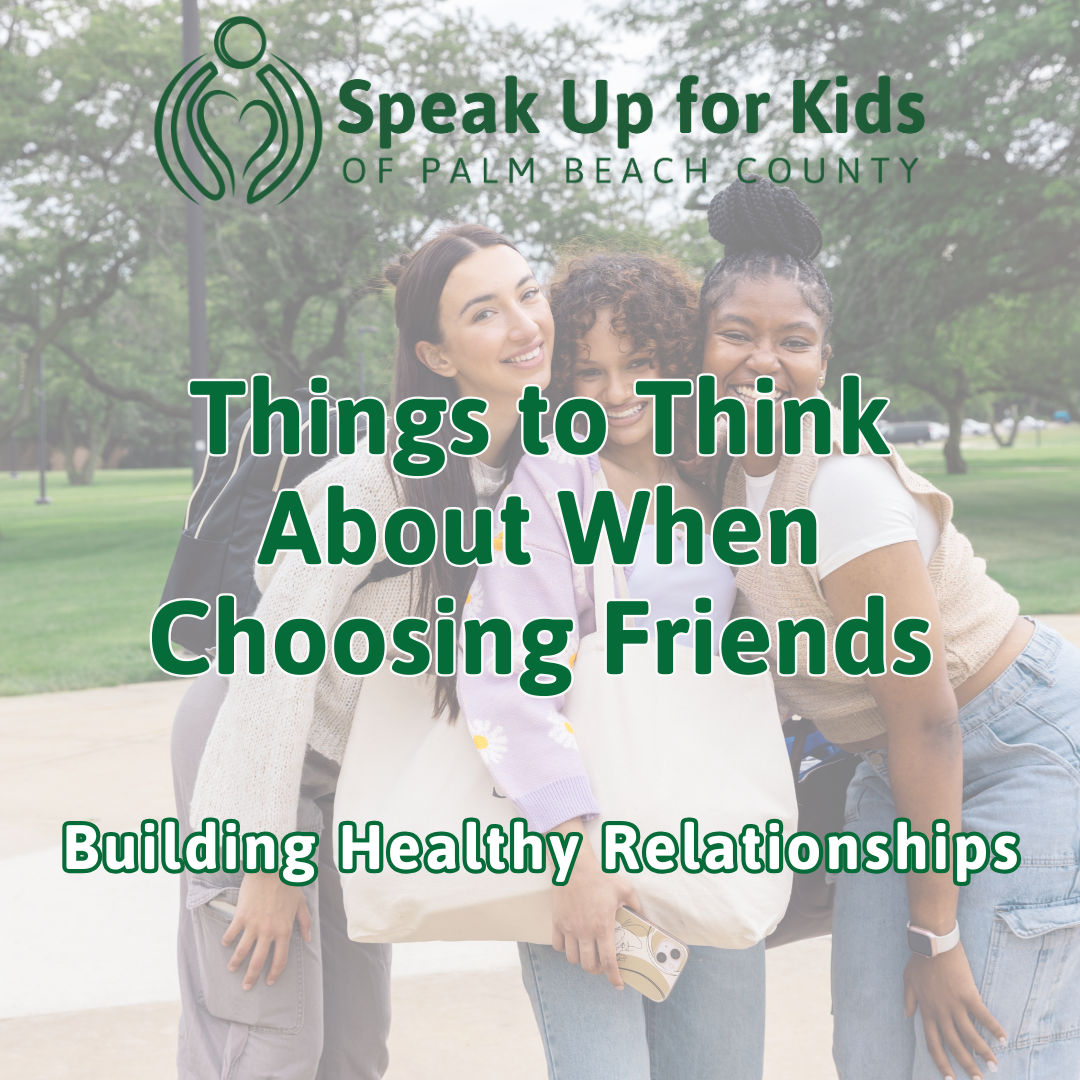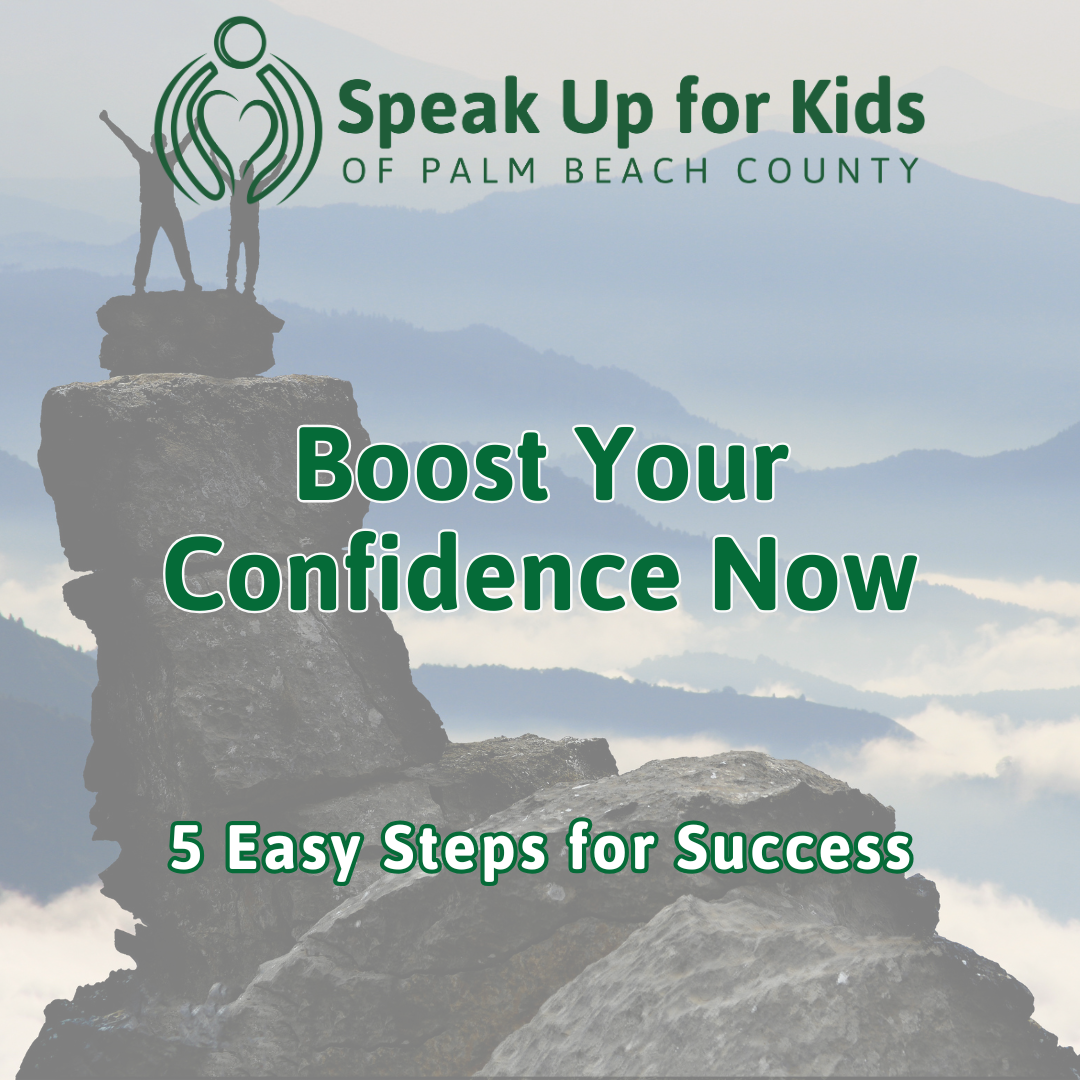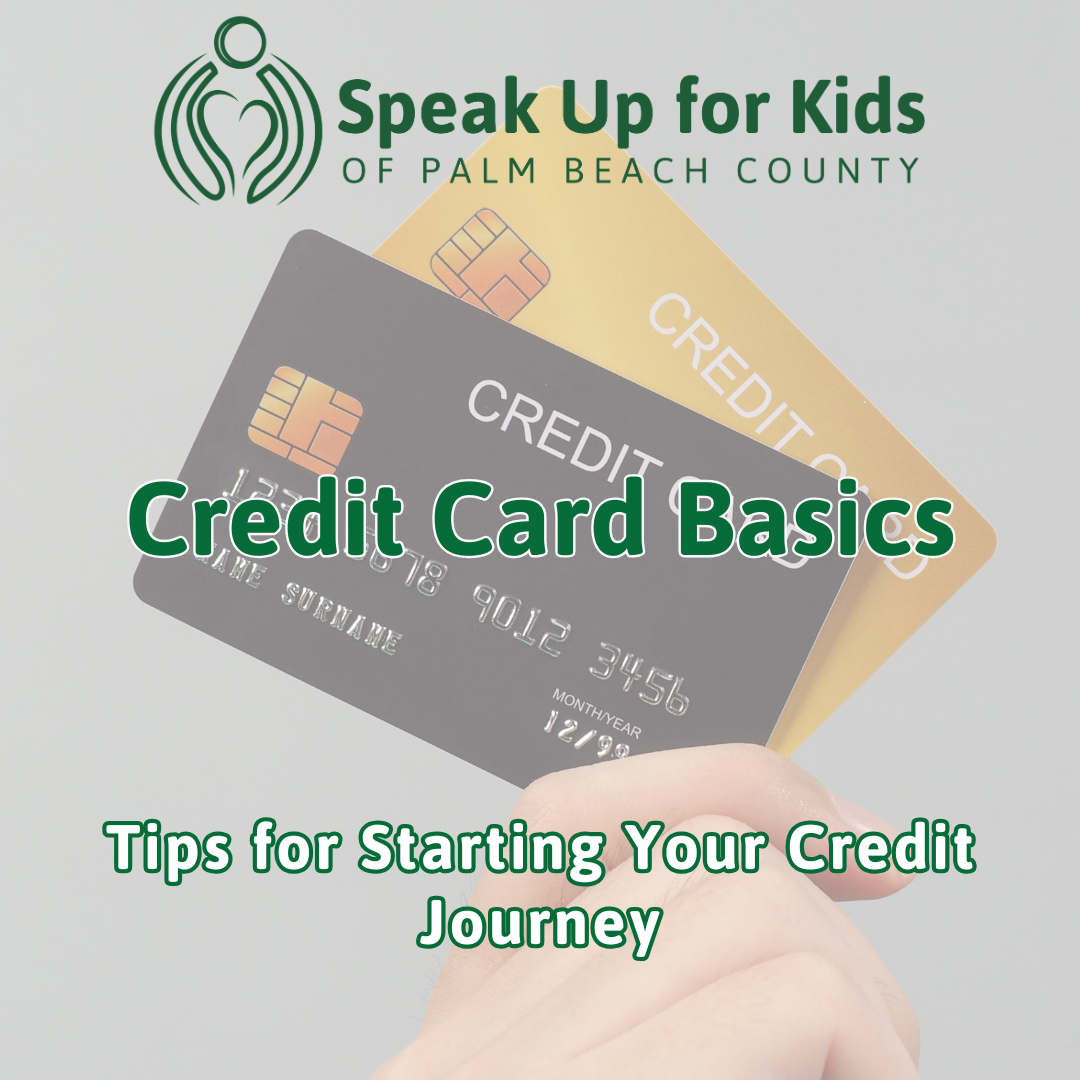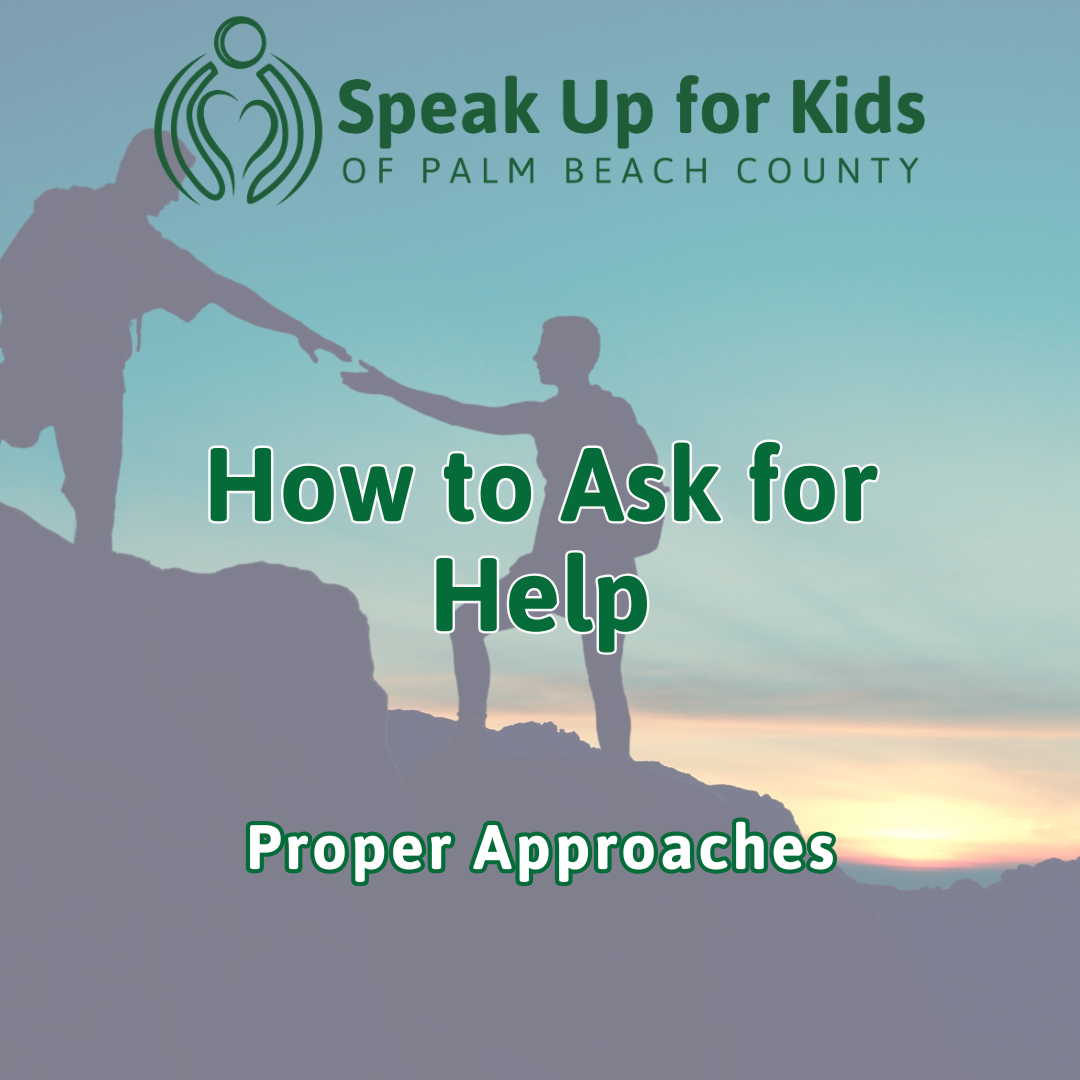
LIFE SKILLS PORTAL
This comprehensive online platform provides a wealth of resources and support to empower young individuals as they transition into adulthood and independence.
Taking Control Of Your Habits
Our daily habits shape more of our lives than we realize. The good news? You have more control than you think. This guide breaks down how habits work and how you can build routines that support your goals, confidence, and well-being—one small step at a time.
Beyond the Ballot: How Presidents Really Get Elected
Voting for the first time can feel confusing — especially when the process isn’t as simple as it sounds. From campaigning to the Electoral College, the path to choosing a president has many steps. This guide breaks down the U.S. presidential election process in a clear, approachable way so you can feel confident, informed, and ready to use your voice when it matters most.
EqualChance Finance: Because Every Child Deserves A Chance
Every child deserves the chance to feel confident about money and their future. EqualChance Finance creates fun, hands-on learning experiences that teach kids how to save, spend wisely, and give with purpose. These workshops help children—no matter their background—build strong financial habits early and grow toward independence and opportunity.
To Know Thyself: The Value of Introspection
Introspection helps you understand your thoughts, emotions, and behaviors on a deeper level. By reflecting on your experiences, you can recognize patterns and make positive changes. Learn how to practice introspection effectively while avoiding harmful rumination.
Current Scholarships
Searching for scholarships can feel overwhelming—especially when you’re navigating it on your own. This guide was created to make the process a little easier. Below, you’ll find current scholarships for the 2025–2026 school year, including opportunities specifically for foster youth and local students. Take it one step at a time—support, resources, and possibility are closer than you think.
The 5 Must-Do’s of Public Speaking
Public speaking can feel intimidating, but the right strategies make all the difference. These five must-do tips will help you speak confidently, engage your audience, and leave a lasting impression. With practice, you’ll learn to love the spotlight!
Things to Think About When Choosing Friends
Choosing the right friends is essential to your well-being and personal growth. This guide offers steps, questions, and tips to help you build healthy, supportive friendships that align with your values and enrich your life.
How to Select Your Major and/or Minor
Choosing your major or minor doesn’t have to feel overwhelming. By reflecting on your interests, strengths, and passions—and seeking support from advisors—you can find a path that aligns with your goals. This guide will walk you through practical tips to make confident decisions about your college studies.
5 Easy Ways to Boost Your Confidence Now
Confidence can transform how you see yourself and how you face life’s challenges. These 5 simple, practical steps—from setting meaningful goals to leaving your comfort zone—can help you build self-belief and resilience. Start applying them today and watch your confidence grow stronger every day.
Navigating College: Party Safe
College parties can be fun, but safety should always come first. From watching your surroundings to guarding your cup and sticking with trusted friends, smart choices help you enjoy the night without regrets. This guide covers practical tips to keep you safe while still having a good time.
Housing: What are My Options as I Age Out?
Aging out of foster care can feel overwhelming, especially when it comes to finding safe and affordable housing. This guide covers transitional housing, affordable rentals, and programs designed to support your independence. Learn how to plan ahead and secure a stable place to call home.
Exploring Career Paths
Exploring career paths is an exciting but sometimes overwhelming journey. From job shadowing and career assessments to researching your options, there are many ways to discover what career is the right fit for you. This guide highlights practical strategies to help you explore careers with confidence while considering your values, skills, and goals for the future.
Representing Yourself Well
Stepping into adulthood means learning how to present yourself with confidence and professionalism. From workplace etiquette to everyday habits, the way you carry yourself can open doors and shape opportunities. This article shares practical tips to help you build a strong personal and professional image.
Everything You Need for Your First Apartment
Moving into your first apartment is a major milestone. From essential furniture and kitchenware to cleaning supplies, utilities, and personal touches, this guide breaks down everything you’ll need for a smooth transition into independent living. Learn how to create a functional, comfortable, and personalized space that truly feels like home.
Credit Card Basics
Choosing the right credit card doesn’t have to be overwhelming. Learn what credit cards are, common fees to avoid, and smart tips to make the best choice. Start building your credit the right way!
How to Ask for Help
Asking for help doesn’t have to feel uncomfortable or awkward. Learn how to choose the right person, provide context, and be specific about your needs. Follow these tips to ask confidently and maintain strong relationships.
Civics, Civility, and Critical Thinking
Civics isn’t just about government—it’s about people, community, and kindness. This guide explores what it means to be a good citizen, how to engage with your community, and why civility and informed action matter for making real change.
Your Voice. Your Power. Your Vote!
Voting is your voice—and it matters! This easy, beginner-friendly guide helps Florida youth and foster teens understand how to register, prepare, and confidently cast their first vote. Learn why your voice counts, how to meet requirements, and ways to research candidates that align with your values.
How to Calm Down
Stress and anxiety are part of life, but they don’t have to control you. By practicing calming techniques like deep breathing, mindfulness, and grounding, you can bring yourself back to a state of balance. This guide offers practical ways to relax your mind and body in the moment and build long-term emotional resilience.
Court: Who is Everyone?
The courtroom can feel overwhelming if you’re unfamiliar with the people and their roles. From judges and attorneys to jurors and clerks, each person plays a key part in ensuring a fair legal process. This guide breaks down who’s who in court and what each role involves.


